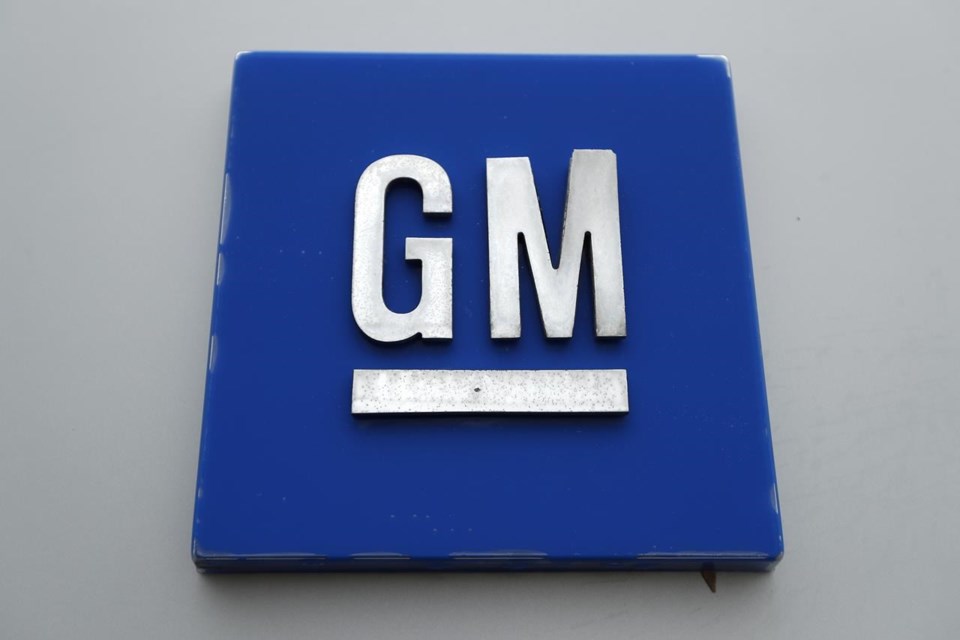DETROIT (AP) — General Motors is offering buyouts to most of its U.S. salaried workforce and some global executives in an effort to trim costs as it makes the transition to electric vehicles.
The Detroit automaker wouldn't say how many workers it is targeting, but confirmed that the move is aimed at accelerating attrition to meet a previously announced goal of $2 billion in cost cuts by the end of next year. GM has about 58,000 salaried workers in the U.S.
The company says the offers also are designed to avoid any possible firings at a later date. CEO Mary Barra told analysts in January that GM doesn’t wasn't planning for any layoffs.
Offers will go to white-collar workers with at least five years of service, and global executives who have been with the company at least two years.
The decision to offer buyouts comes at an uncertain time for the auto industry, which is in the midst of a transition from internal combustion to electric vehicles. GM has a goal of selling only electric passenger vehicles by 2035.
The switch is requiring more research and development spending on both types of vehicles, as well as huge capital outlays for battery factories and updating assembly plants, as well as spending to get scarce metals needed for EVs.
The $2 billion in cost cuts, announced with GM's fourth-quarter earnings, also are being made to prepare for any potential economic downturn or recession, Chief Financial Officer Paul Jacobson told an analyst conference in February. He also said the cost cuts would be accomplished in part by filling only strategically important jobs vacated due to attrition.
Although GM's auto sales remain strong, the company is seeing prices for its vehicles starting to ease, he said.
“We want to be cautious because we don’t want to ignore the macro signs that are out there, because I don’t want to be up here a year from now saying, ah, we missed it,” Jacobson told the Wolfe Research conference.
The company said Thursday that it also will cut costs by reducing the complexity of its vehicles and more sharing of components between both internal combustion and electric models. GM plans to cut discretionary spending companywide and focus on growth initiatives to make benefits come faster.
Guidehouse Research e-Mobility analyst Sam Abuelsamid said the cost cuts may be needed because there's significant risk of a slowdown in auto sales, just as automakers are starting to increase production that was hobbled by a global shortage of computer chips.
“Up to this point the auto markets have been pretty lucky because there has been so much pent-up demand over the last couple of years,” he said. “Over the course of this year, it’s going to get to the point where that supply and demand even out.”
GM and other automakers also are offering few lower-cost models these days, so they're looking at a smaller number of buyers who can afford their vehicles, Abuelsamid said.
GM will probably shed some engineers who work on internal combustion engines with the offers, he said, adding that the company already has gone through staff cuts to reduce expenses.
Automakers like GM face huge outlays to convert factories from making combustion vehicles to electric, Abuelsamid said. GM's “Factory Zero” in Detroit went through the conversion, but just about everything inside the walls was changed, he said.
Employees who want to take the buyouts have to sign up by March 24, and those who are approved for the packages have to leave the company by June 30.
U.S. salaried workers are being offered one month of pay for every year of service, up to 12 months. They’ll also be offered COBRA health care and part of the bonuses they would receive this year.
Tom Krisher, The Associated Press


